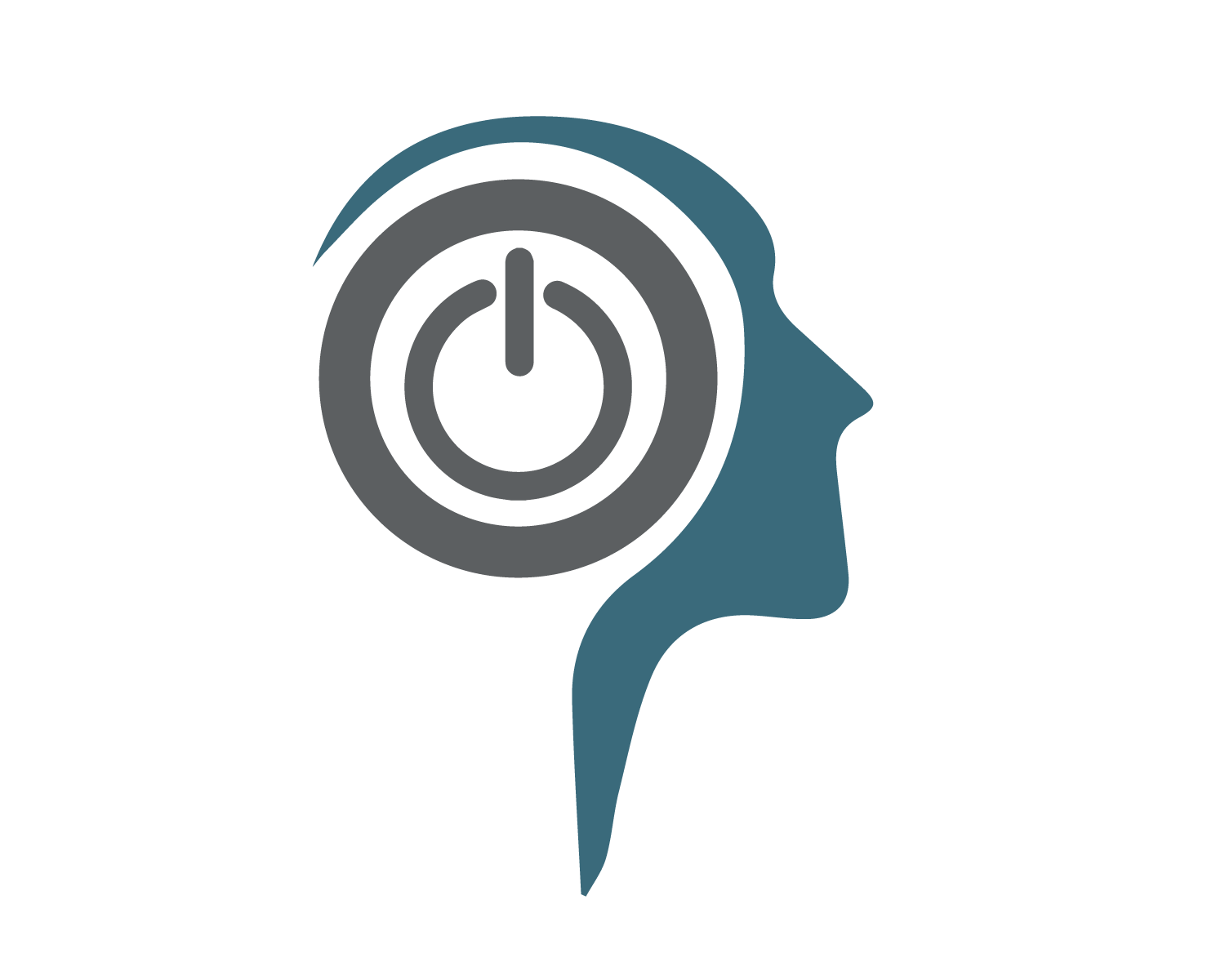LEARN about DNS
DNS, or Dynamic Neuromuscular Stabilization is a groundbreaking approach to rehabilitation. Based on prior work by key neurologists and physiatrists, DNS uses concepts of Developmental Kinesiology to restore and stabilize locomotor function.
The nervous system establishes programs that control human posture, movement and gait. This ‘motor control’ is largely established during the first critical years of life. Therefore, DNS emphasizes neurodevelopmental aspects of motor control in order to assess and restore proper function of the locomotor system and treat dysfunction.
DNS works by stimulating the central nervous system to retrain stabilization and movement patterns. The global approach allows for the treatment of a wide variety of conditions, from disc herniations, to acid reflux, and even restoration of function for those who may have suffered a stroke or have been diagnosed with cerebral palsy.
Your brain controls your strategy for stabilization and movement, and when that strategy is compromised by injury, or is compensating for weakness elsewhere in the body, we will see the development of:
Muscular imbalance
Trigger points in the muscles
Joint pain and degradation
Compromised movement strategies, leading to further potential for injury

